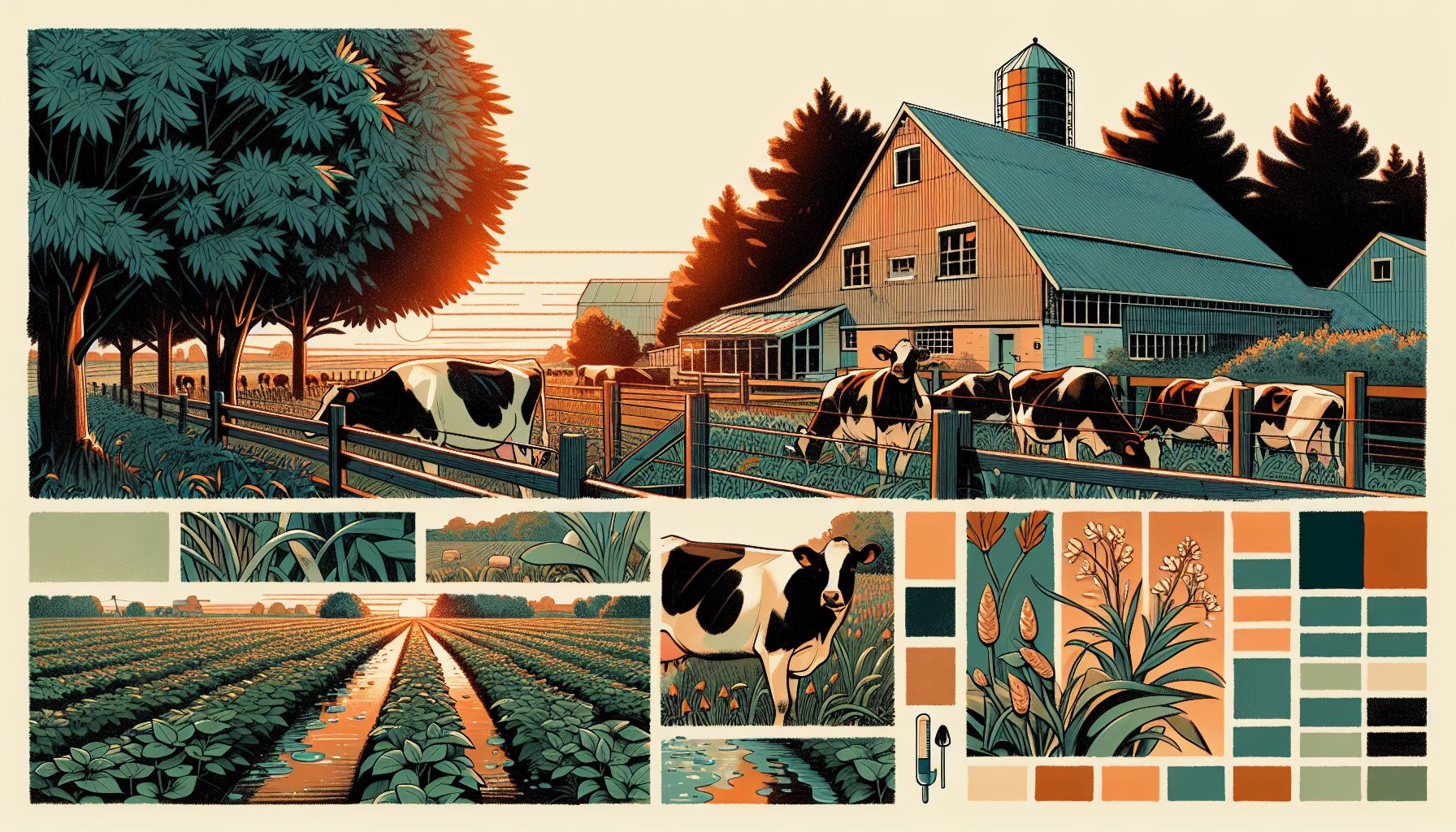FrieslandCampina Launches Regenerative Agriculture Initiative with Lidl Support

Netherlands, Friday, 16 May 2025.
FrieslandCampina’s new pilot with 30 Dutch dairy farms, backed by Lidl and ReGeNL, targets soil recovery and biodiversity to revolutionize sustainable farming methods.
Groundbreaking Agricultural Partnership
In a significant development for sustainable agriculture, FrieslandCampina has launched a three-year pilot program focusing on regenerative farming practices. The initiative, which officially commenced on May 14, 2025, brings together thirty dairy farms across the Netherlands [1][2]. With financial backing from Lidl and support from the National Growth Fund program ReGeNL, the project aims to develop an open, accessible standard for regenerative agriculture with measurable impact metrics [3].
Comprehensive Implementation Strategy
The pilot’s first year will focus on developing customized farm plans, followed by two years of implementing new methodologies and monitoring both ecological and economic outcomes [3]. The program emphasizes key regenerative practices such as herb-rich grassland cultivation and strategic grazing patterns to enhance soil health and biodiversity [4]. Tuncay Özgüner, President of FrieslandCampina Retail & Americas, emphasizes that farmers require access to knowledge, guidance, and viable business models to make this transition successful [5].
Long-term Vision and Goals
This initiative forms part of a broader strategy under ReGeNL’s ambitious goal to transition 1,000 farmers to sustainable agriculture practices before 2031 [3]. Program Director Wouter-Jan Schouten confirms that regenerative agriculture presents viable opportunities for farmers, climate protection, and nature conservation [5]. Notably, Erik van den Hoogen, CCO of Lidl Nederland, has clarified that this initiative won’t introduce new consumer certifications, focusing instead on fundamental agricultural transformation [3].
Economic and Environmental Impact
The program represents a significant shift in dairy farming practices, emphasizing soil restoration and biodiversity while ensuring profitable business models for farmers [1]. André de Groot, a participating dairy farmer from Laren, Gelderland, highlights the initiative’s focus on maximizing output from minimal input through natural methods such as crop rotation and legume cultivation [3]. This approach aims to create shorter supply chains through local farmer-to-farmer collaboration, promoting both environmental and economic sustainability [3].

